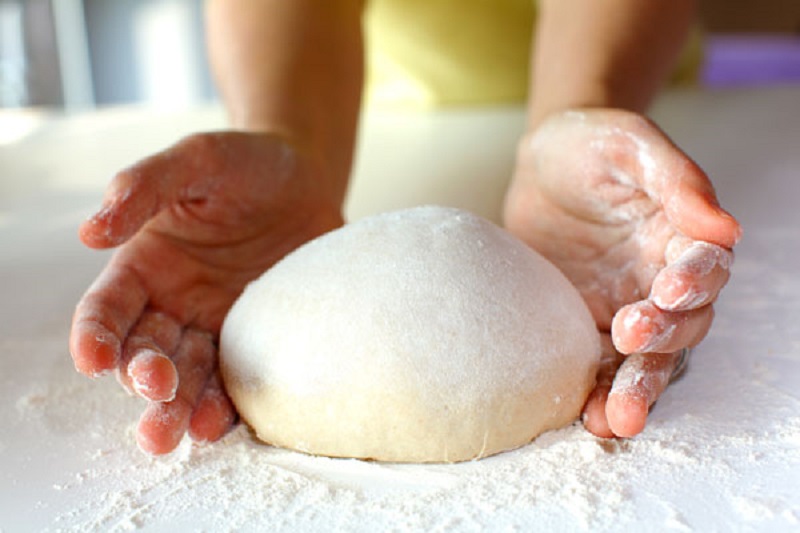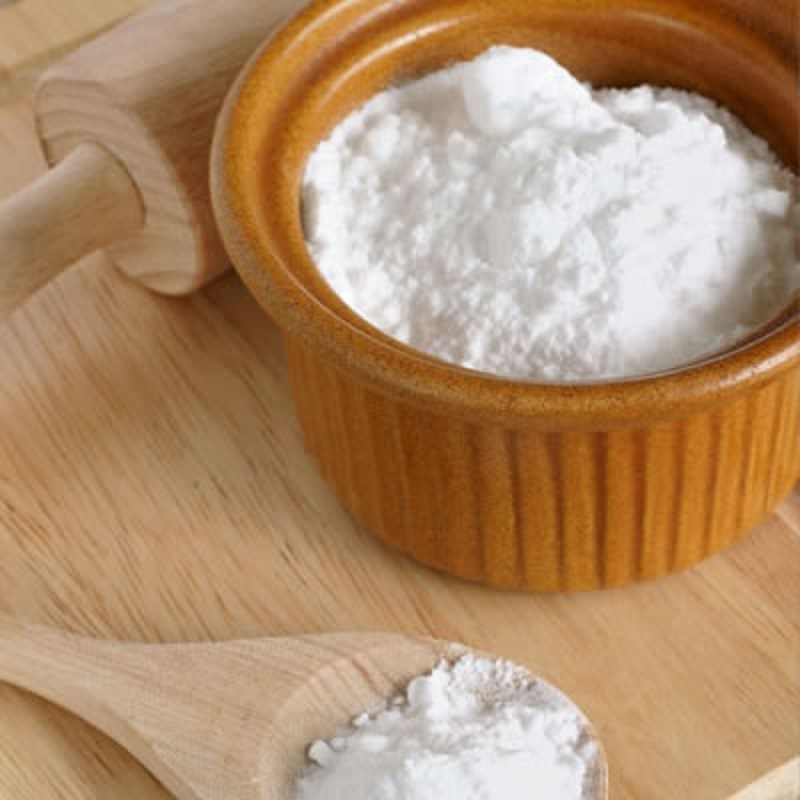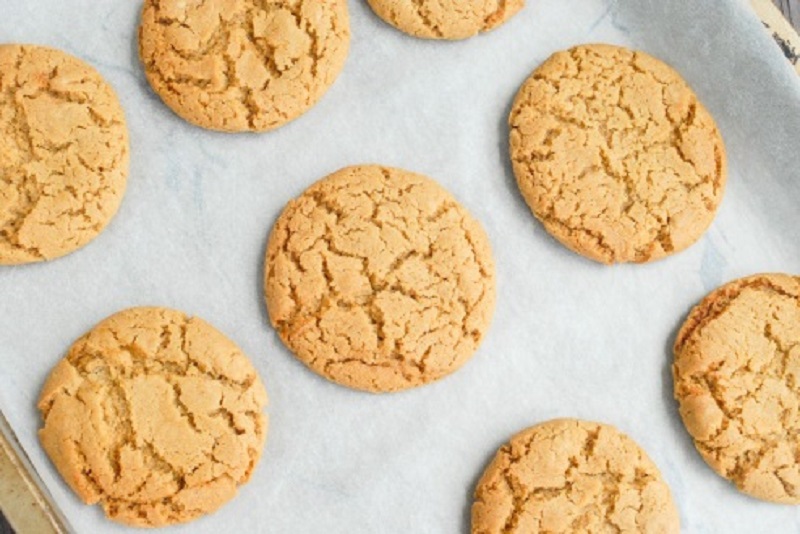Muslims honor this event worldwide by performing Eid prayers on its first day; the rest is about visiting each other, exchanging greetings with the phrase “Eid mubarak”, meaning “Blessed celebration”, amongst other traditions that may vary from one country to another. In Egypt, Eid al-Fitr is associated with food as all major holidays and festivities. It is linked to kahk (cookies) and biscuits that are either bought from the bakery or baked at home during the last few days of Ramadan.
From baking Eid cookies to outings, there are several ways to bring the festival to life. This year, why not add more science to the celebrations, while carrying out Eid themed activities with your family?
- Ready, Set, Let Us Dough!
Who does not love dough? As a kid, I used to play with pieces of dough and create different shapes of biscuits. Nowadays, as I watch my nephews and niece creating cute, sometimes mysterious, shapes, I wonder how they can learn while enjoying such an everlasting family tradition.
If you think of all bakery goods, you will notice that they all need to be kneaded. Even if you use a mixer, you will need to handle the dough by your hand at least for a few turns, so what happens when we knead?

Wheat flour contains two proteins—glidan and glutenin—which when mixed with water form gluten. As you start kneading, the gluten strands form networks, which make the dough strong and elastic. The more you knead, the more the gluten develops; this is why different baked goods are mixed at different rates. Now, you have learnt that if you do not knead the dough well, it will not develop protein strands that give your biscuits and cookies their chewy structure.
- Cooking is an Art, but Baking is Science!
Baking is all about chemistry. As we bake, we follow a certain recipe without noticing any of the chemical reactions occurring, or asking why they have to happen. Have you ever thought of tinkering with the recipe?
The process of this activity is the same as any science experiment: ask a question, change a variable, test the results, write them down, and do it again. Get your favorite recipe of biscuits and cookies—if you do not wish to mess up with it, you can use little quantities of the ingredients. Start asking questions about the ingredients; for example “Can we substitute baking powder for baking soda?” or “Why do some biscuits crack at the top?”


To answer the first question, you will notice that recipes adding baking soda (sodium bicarbonate) require an acidic ingredient to help extract carbon dioxide. Those lacking this ingredient need more leavening base than baking soda, so they add baking powder (a blend of baking soda and chemical leavening acids). Likewise, the answer of the second question lies in a delayed release of carbon dioxide caused by the baking powder while the biscuits are in the oven. Since the heat dries the top first, the pressure from the built-up gas will cause a crack at the already formed top crust to release that pressure.
You can ask other questions using the same process for other recipes or aspects of life; for example “Can we bake a cake in a glass pan instead of a metal one?” or “What happens if we plant seeds in different kinds of soil?” and observe the results to reach your own conclusions, learn more, and inspire your kids with science.
************************************
Who says science is not sweet? Baked goods are a delicious roadmap to inspire your children to try scientific experiments on their own. Now, you have played with your kids and enjoyed unforgettable science with Eid themed experiments.
Use hashtag #SCIplanet and share with us your ideas or photos of our published DIY activities, and we will post them on our page. Always remember that holidays and festivities are not always about food!
References